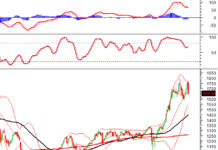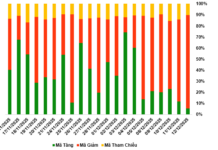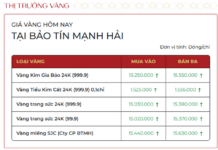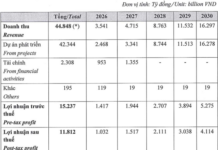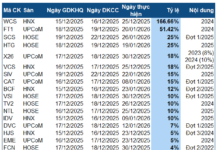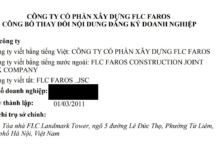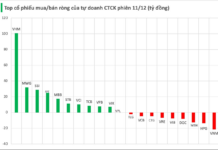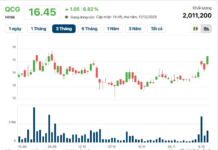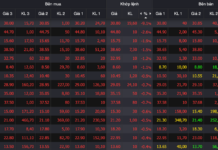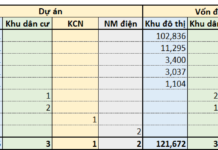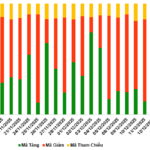The Ministry of Justice has recently submitted a draft resolution aimed at addressing challenges in land use rights auctions during land allocation and leasing processes.
While land auctions have achieved notable success, they are not without issues. Concerns include unusually high bids, potential collusion, price manipulation, and instances of bidders exploiting the system for profit before defaulting. These practices undermine the real estate market’s integrity and have drawn public scrutiny.
A notable example occurred in 2024 in the former Hoai Duc district (Hanoi), where 19 land plots in Long Khuc village, Tien Yen commune, were auctioned. The highest bid reached 133.3 million VND per square meter, 18 times the starting price. Despite the high interest, eight plots were ultimately forfeited by the winning bidders.
Similarly, in the former Thanh Oai district (Hanoi), 68 plots in Thanh Than village, Thanh Cao commune, were auctioned, with the highest bid at 100 million VND per square meter, eight times the starting price. However, 56 plots were forfeited. The former Ha Dong district (Hanoi) also saw a high forfeiture rate, with 80% of auctioned plots being abandoned by winning bidders.
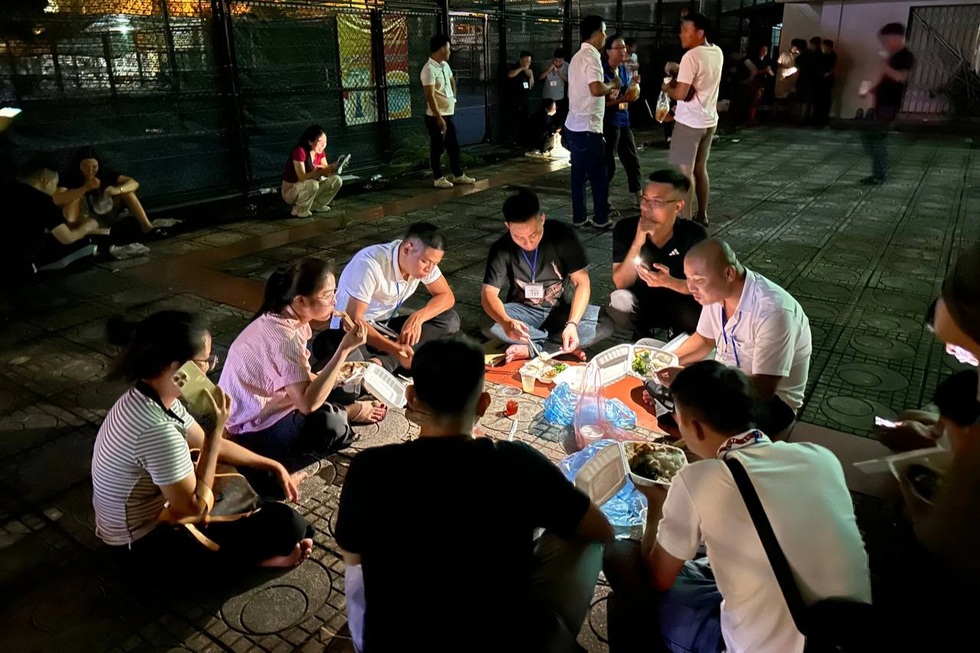
All-night land auction in the former Hoai Duc district in August 2024.
The draft resolution introduces specific penalties for bidders who default after winning an auction. Defaulters must compensate for all losses incurred due to the auction’s organization and face a 2 to 5-year ban from participating in future auctions. Those who fail to make full payments after winning are banned for 6 months to 3 years.
Additionally, the draft raises the minimum deposit for individual bidders to 20%, with a maximum of 50%. Current regulations set the minimum deposit at 5% for residential land and 10% for investment projects, with a maximum of 20%. The Ministry of Justice believes this adjustment will deter bidders from exploiting auctions for profit and then defaulting.
If approved, the resolution will take effect from its issuance until February 28, 2027.
Regarding the penalties for defaulting, the Ministry of Justice clarifies that the Civil Code allows courts to deny protection of rights or impose compensation for damages caused by the abuse of civil rights. Thus, banning defaulters from future auctions is not considered a restriction on citizens’ or human rights.
Furthermore, as land auctions are a form of asset transaction rather than a business activity, the proposed measures do not infringe on the constitutional right to business freedom, according to the drafting agency.
The Latest Development in the Auction of Chi Lăng Stadium Complex
After a prolonged period of complications, the Chi Lăng Stadium Complex has finally been cleared for auction, marking a significant step towards resolving the debts associated with the high-profile Phạm Công Danh case.
“Dr. Nguyễn Văn Đính: How Some Developers and Distributors Use ‘Drip Feeding’ to Create Scarcity and Fuel FOMO”
According to Dr. Nguyen Van Dinh, speculative groups hoarding properties and leveraging margin trading to profit from price differences are driving housing prices even higher. Despite this, numerous projects continue to report high absorption rates, with some even selling out on the day of their launch.
Legal Concerns for Buyers: Navigating Property Purchase Risks
When asked about the “biggest risk concerns when buying real estate,” most customers express worries regarding project legality, construction delays, and the project’s liquidity, carefully considering these factors before committing their funds. In contrast, concerns about price fluctuations and rental potential are less prominent.

